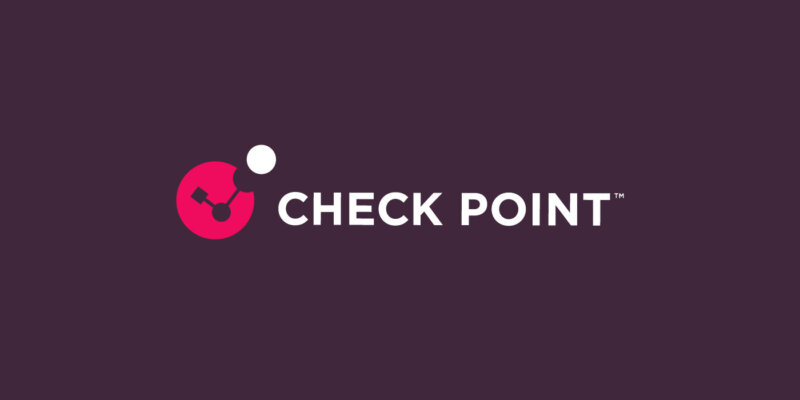
What Can We Learn from Clinton’s “Email-gate”?
Hillary Clinton has been scrutinized for using her private email account for Department of State-related correspondence. The so-called “email-gate” has put Mrs. Clinton in a hot-spot forcing her to provide explanations to what appears to be not only an attempt to hide official correspondence from the public but, more importantly, a breach in security.
When questioned Clinton answered, “Looking back, it would’ve been better for me to have used two separate phones and two email accounts. I thought using one device would be simpler and, obviously, it hasn’t worked out that way.”
Looking at the bigger picture of this conversation, she brings up an interesting point: Do we need to have separate phones to separate our business and personal lives? Or is there a way to automatically separate this data on a single phone?
Over 4.5 million phones were lost or stolen in 2013 in the US alone. Lost or stolen employee phones can have significant consequences for the company especially when they contain sensitive customer data and corporate intelligence.
However, even if you manage to keep a hold of your device, you may still be prone to spyware or malware applications, which has consequences for all your data, both business and personal, that’s stored on the phone.
Two out of every 1,000 employee smartphones in the U.S., on average, are infected with commercial “child-monitoring” spyware, according to a joint a study by security firms Lacoon Mobile Security and Check Point. Even more concerning, research found that the larger the organization, the more likely it was that its devices were infected. Mobile malware is particularly dangerous because it gives the intruder full access to the device, including the ability to monitor Internet use, phone conversations, text messages, GPS and more. If business documents and email are not protected on mobile devices, sensitive data can easily be accessed and extracted, which can lead to devastating loss for a company.
Senator Rand Paul was one of the first to point out the security risks in Clinton’s use of a private email server. He stated, she “doesn’t just put herself at risk by sending these messages on an unsecured server, she also puts at risk the people who defend her and the people who are responsible for her safety.”
This leads to a larger issue. If sensitive information was sent to a public email server which was not secured, it could have easily been hacked, and the security of the US could have been in jeopardy. Unfortunately, many of us don’t actively consider the risks associated with the expanding use of mobile devices.
Which brings us back to the question: can we have a professional-personal balance on one mobile device? And if so, how can you protect your corporate network and continue to use your mobile device for your personal use?
We tend to forget that mobile devices are actually handheld computers and they are capable of doing what most desktop and laptop computers do; therefore they also need their own set of security parameters. Many of us use our mobile devices as we would a computer, checking email, opening documents, updating our calendars, etc. All of these functions need to be secure; otherwise, they are just as open to a hacker as an unprotected computer.
We recently created a solution, Check Point Capsule, which separates personal and business data by establishing a secure business environment on mobile devices. Capsule works by protecting all of your corporate documents and workspace, including email and calendars, by extending the corporate network to your mobile device.
To protect your documents, Capsule establishes security at document creation and travels with the document ensuring that corporate security guidelines are always enforced. Sharing documents with coworkers, partners and customers is of critical importance in business today. But without ensuring who has access to those documents, you leave your organization open to information leakage, or worse. If Mrs. Clinton was using Capsule and were to have accidentally sent a confidential document to someone who should not have received it, this person would be unable to view it.
The same protections are given to the workspace. This enables users to securely use business applications through a simple user interface, where users have one touch access to corporate email, files, directories, corporate contacts and calendars, without affecting their personal data.
Traditionally, organizations enforce corporate security policies on devices and data within their corporate network to protect them from threats but this isn’t practical in a world where mobile devices are the norm. Mobile devices are used everywhere, not just inside the office. That’s where Capsule’s cloud capabilities come into play. The solution enables organizations to extend the same policies from their corporate network to protect mobile devices wherever the mobile device may be.
Capsule directs all traffic through a secure connection to the cloud where corporate policy is enforced. This ensures organizations are able to use protections from all Check Point Software Blades, as a cloud-based service, to protect users and their network from threats and eliminate exposure to malware when mobile devices are off premise. The solution can also handle infected documents and ensure that threats are detected and blocked before they reach the end user device.
So, could Mrs. Clinton have used just one phone for both her personal and business affairs while maintaining national security? If she had Check Point Capsule, she would have known her workspace and document s were completely secure with the cloud and would have achieved peace of mind knowing her personal and professional data were secure and separate.



